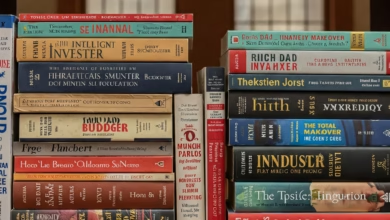Books to help you build your first investment portfolio
Discover some books to help you create your first portfolio

Embarking on the journey of investing can feel overwhelming. Trust me, I’ve been there! But just like any great adventure, having the right map and compass makes all the difference. For me, those guides came in the form of insightful books that demystified the world of finance and empowered me to build my first investment portfolio with confidence. If you’re feeling lost in the sea of stocks, bonds, and mutual funds, these literary gems might just be the lighthouse you need.
Laying the Foundation: “The Intelligent Investor” by Benjamin Graham – Your Timeless Guide to Value Investing
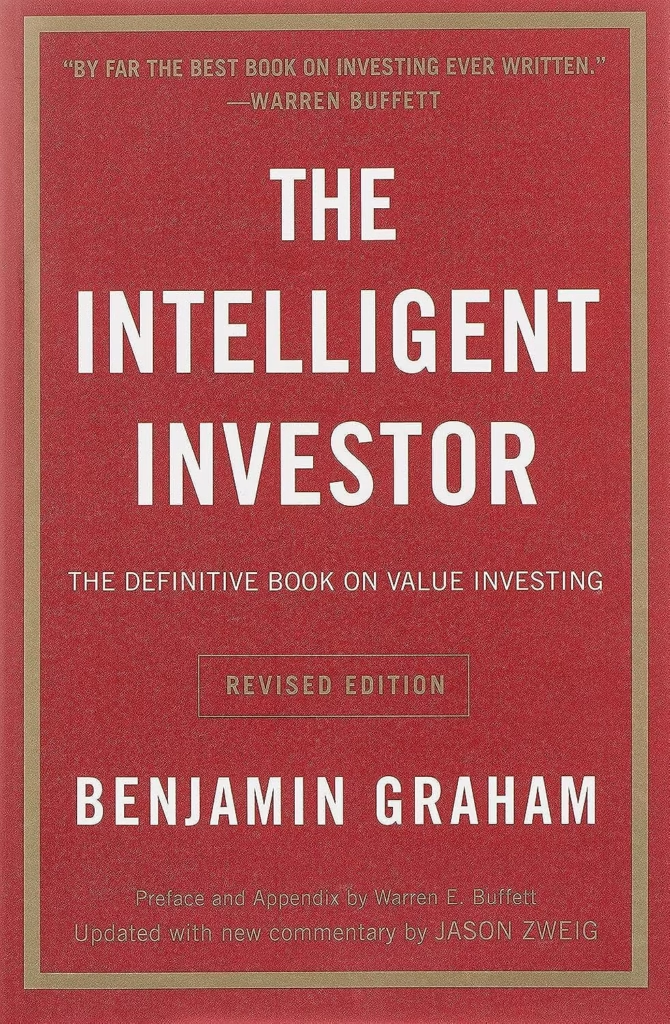
Often hailed as the bible of value investing, Benjamin Graham’s “The Intelligent Investor” provided me with the fundamental principles for making sound investment decisions. This book taught me how to analyze companies like a business owner, focusing on their intrinsic value rather than getting caught up in market hype. Graham’s emphasis on the “margin of safety” – buying assets at a significant discount to their estimated worth – became a cornerstone of my investment strategy, protecting me from significant downside risk. While some of the examples might feel dated, the core wisdom about rational investing and avoiding speculative behavior remains timeless and incredibly relevant for anyone starting their investment journey.
Demystifying the Market: “A Random Walk Down Wall Street” by Burton Malkiel – Understanding Market Efficiency
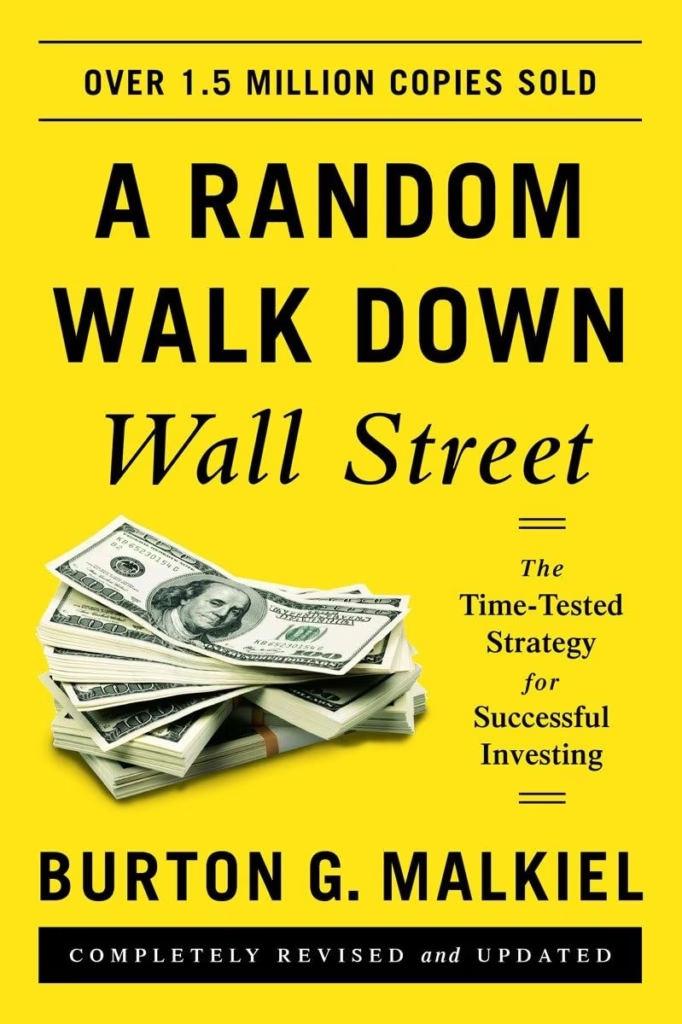
Burton Malkiel’s “A Random Walk Down Wall Street” offered a different, yet equally crucial, perspective. This book introduced me to the concept of the efficient market hypothesis, suggesting that stock prices already reflect all available information, making it incredibly difficult to consistently “beat the market.” This understanding led me to seriously consider the power of diversification through low-cost index funds and ETFs (Exchange Traded Funds). Malkiel’s arguments for a passive investment approach resonated with my desire for simplicity and long-term growth without excessive trading and fees.
Taking Control: “The Simple Path to Wealth” by JL Collins – Practical Advice for Financial Independence
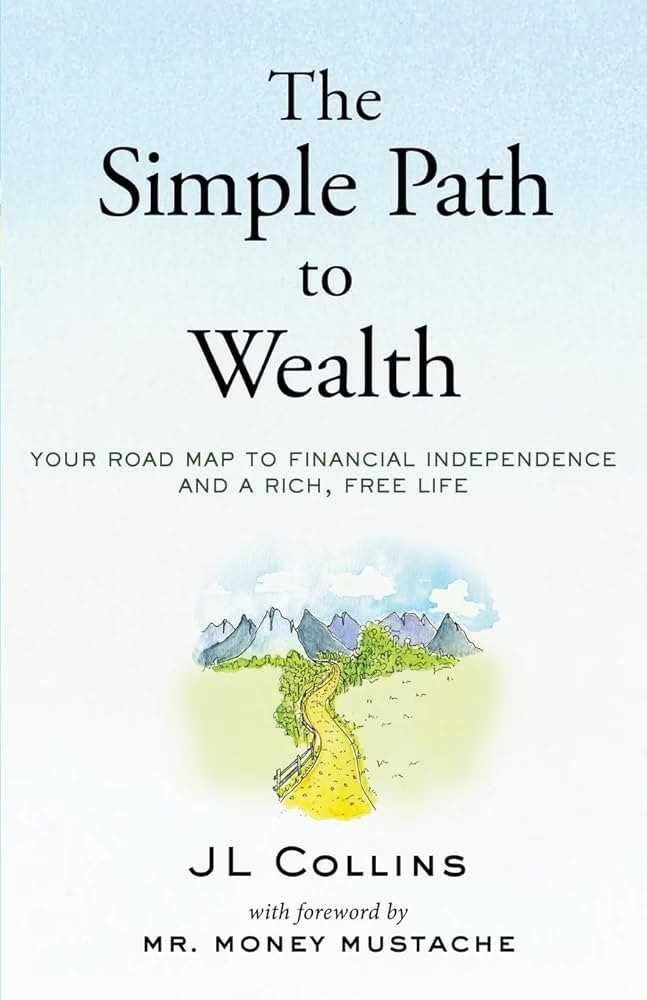
JL Collins’ “The Simple Path to Wealth” offered a more contemporary and straightforward approach to building wealth. Written as a series of letters to his daughter, this book cuts through the jargon and provides a clear roadmap to financial independence through disciplined saving and investing in broad-based index funds, particularly the Vanguard Total Stock Market Index Fund (VTSAX). Collins’ emphasis on living below your means, avoiding debt, and consistently investing a significant portion of your income provided the practical framework I needed to take action and build my portfolio steadily. His writing style is incredibly accessible and motivating, making complex concepts easy to grasp.
Beyond the Basics: “Your Money or Your Life” by Vicki Robin and Joe Dominguez – Transforming Your Relationship with Money
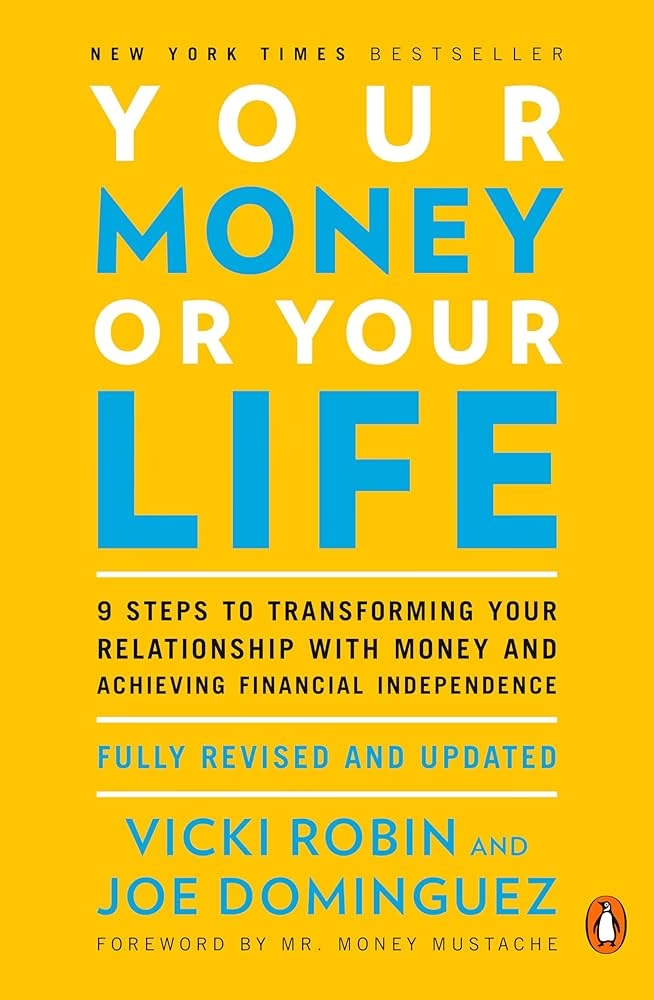
While not strictly an investment book, “Your Money or Your Life” had a profound impact on my overall financial philosophy. It encouraged me to examine my relationship with money, understand how much I was truly earning per hour after expenses, and evaluate whether my spending habits were aligned with my values and life goals. This book helped me become more mindful of my spending, increase my savings rate, and ultimately have more capital to invest. The focus on achieving financial independence by understanding the crossover point (where your investment income can cover your living expenses) provided a powerful long-term vision for my portfolio building efforts.
Building Your Own Foundation
These books were instrumental in providing me with the knowledge and mindset necessary to confidently build my first investment portfolio. Remember, the best approach for you will depend on your individual circumstances, risk tolerance, and financial goals. However, the fundamental principles of value investing, market efficiency, diversification, and mindful spending remain timeless and universally applicable.
I encourage you to explore these titles and discover the insights that resonate with you. Building a successful investment portfolio is a marathon, not a sprint, and having the right knowledge is your most valuable asset. Happy reading, and happy investing!





